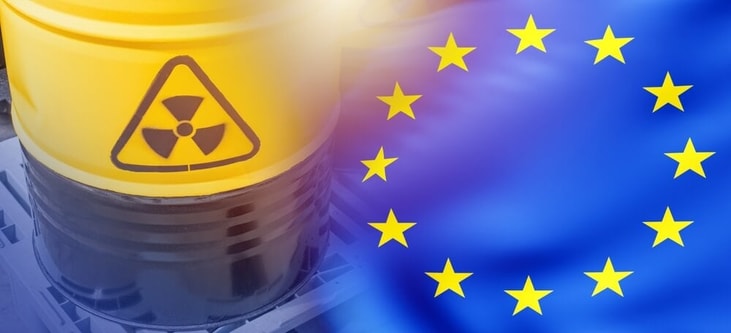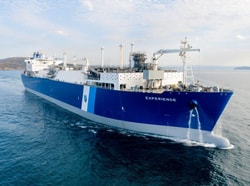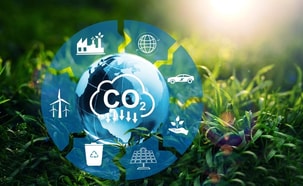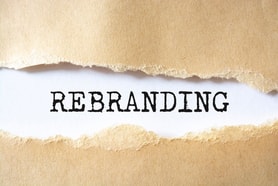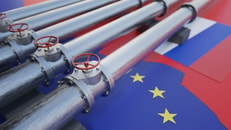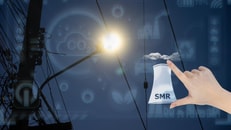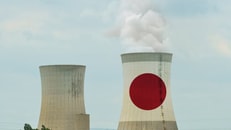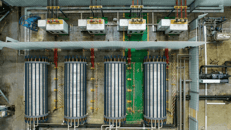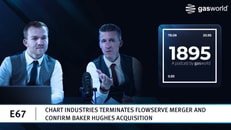EU policy delays could hinder hydrogen and nuclear industry
Any delays in low-carbon fuel regulations could hinder the growth of the hydrogen and nuclear industries.
Under EU draft plans following the launch of the Clean Industrial Deal, Brussels will not start consulting on nuclear until June 2026 and hydrogen produced from nuclear would not be classified ‘low carbon’ until 2028, according to reports.
A wave of policy updates are currently landing in Europe – with tight timeframes attached.
... to continue reading you must be subscribed

